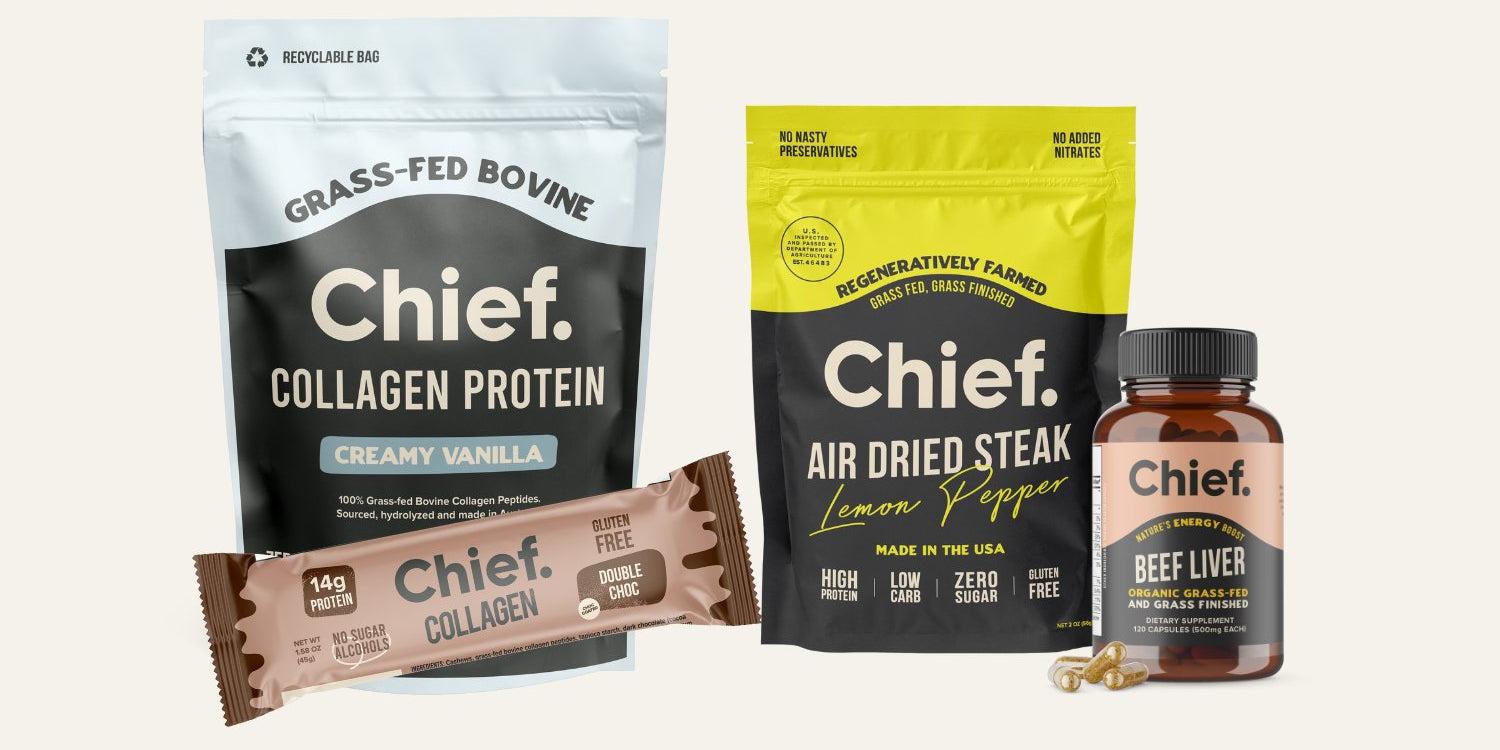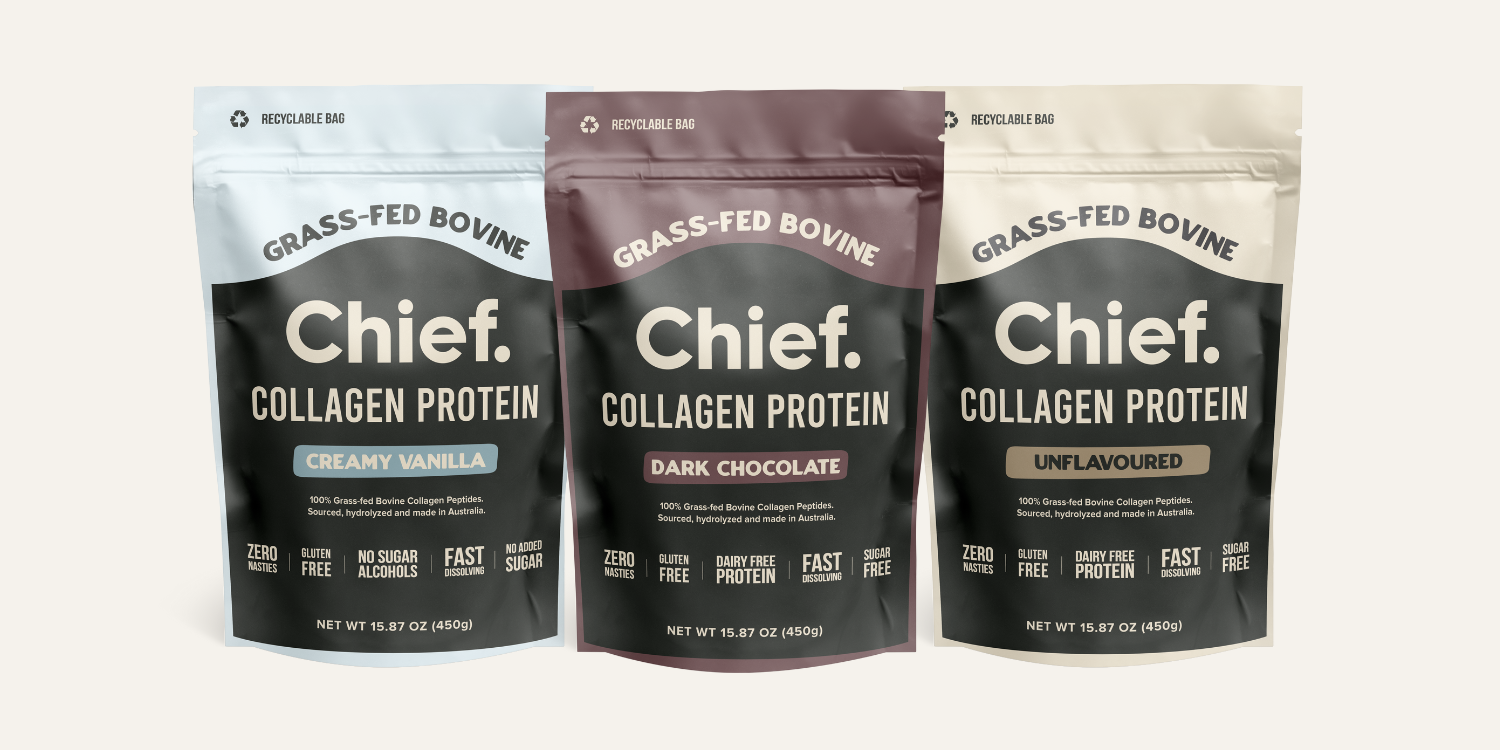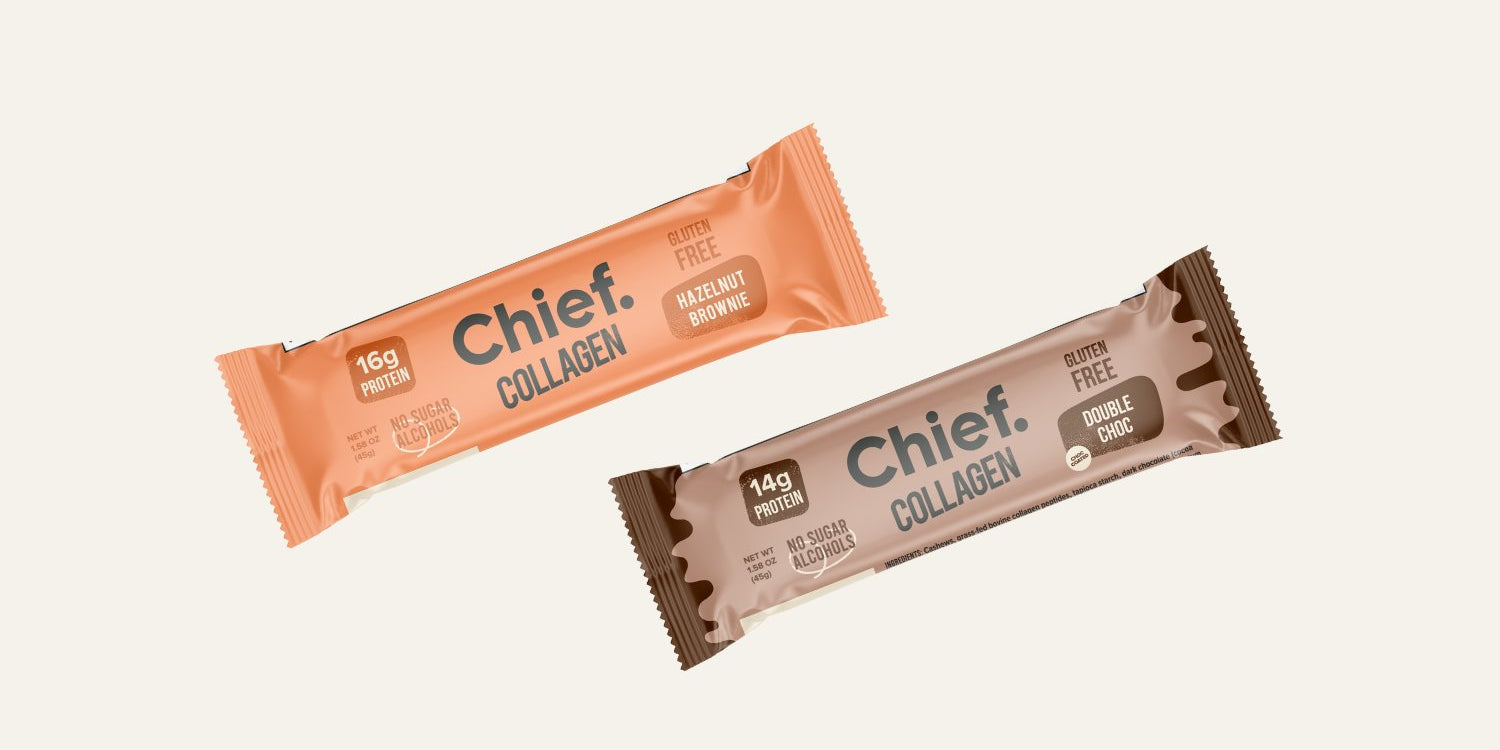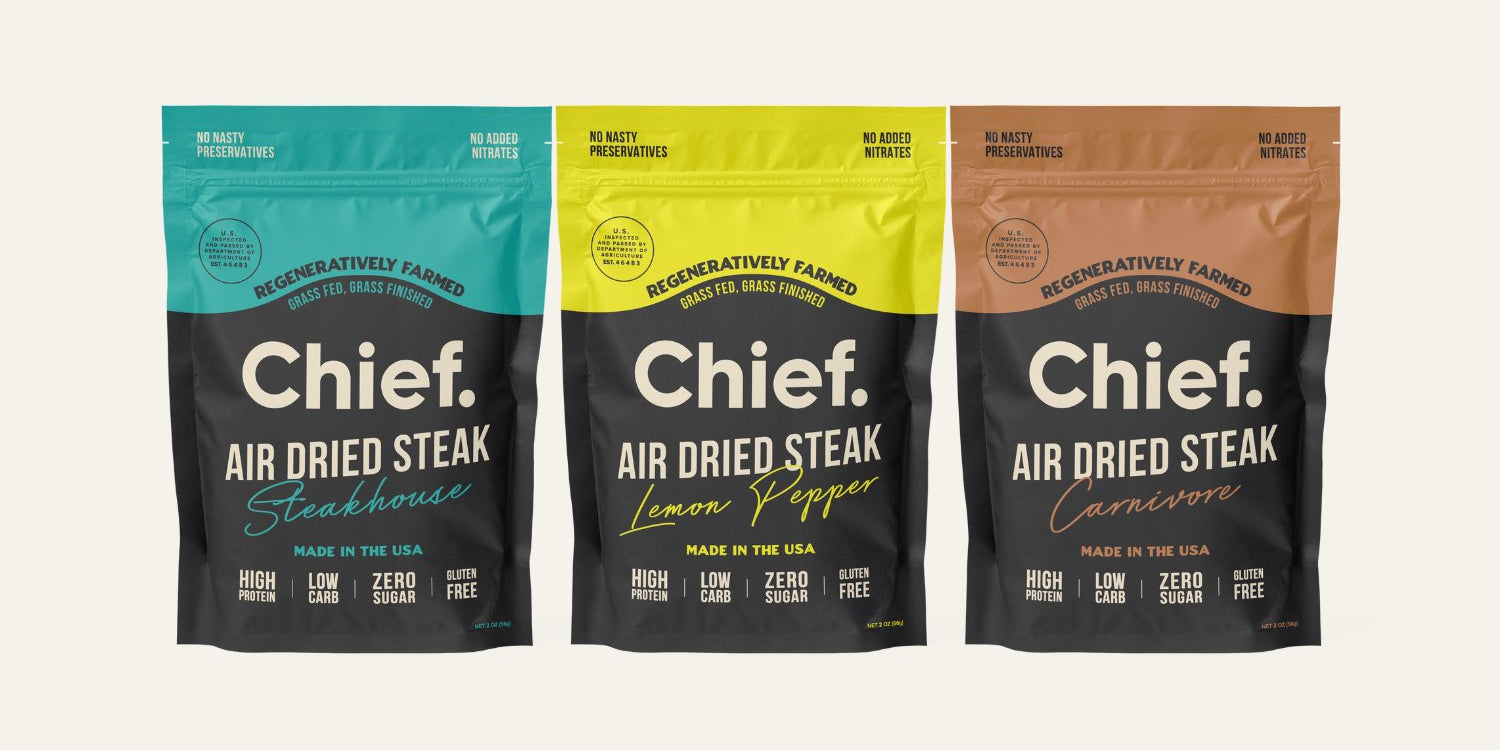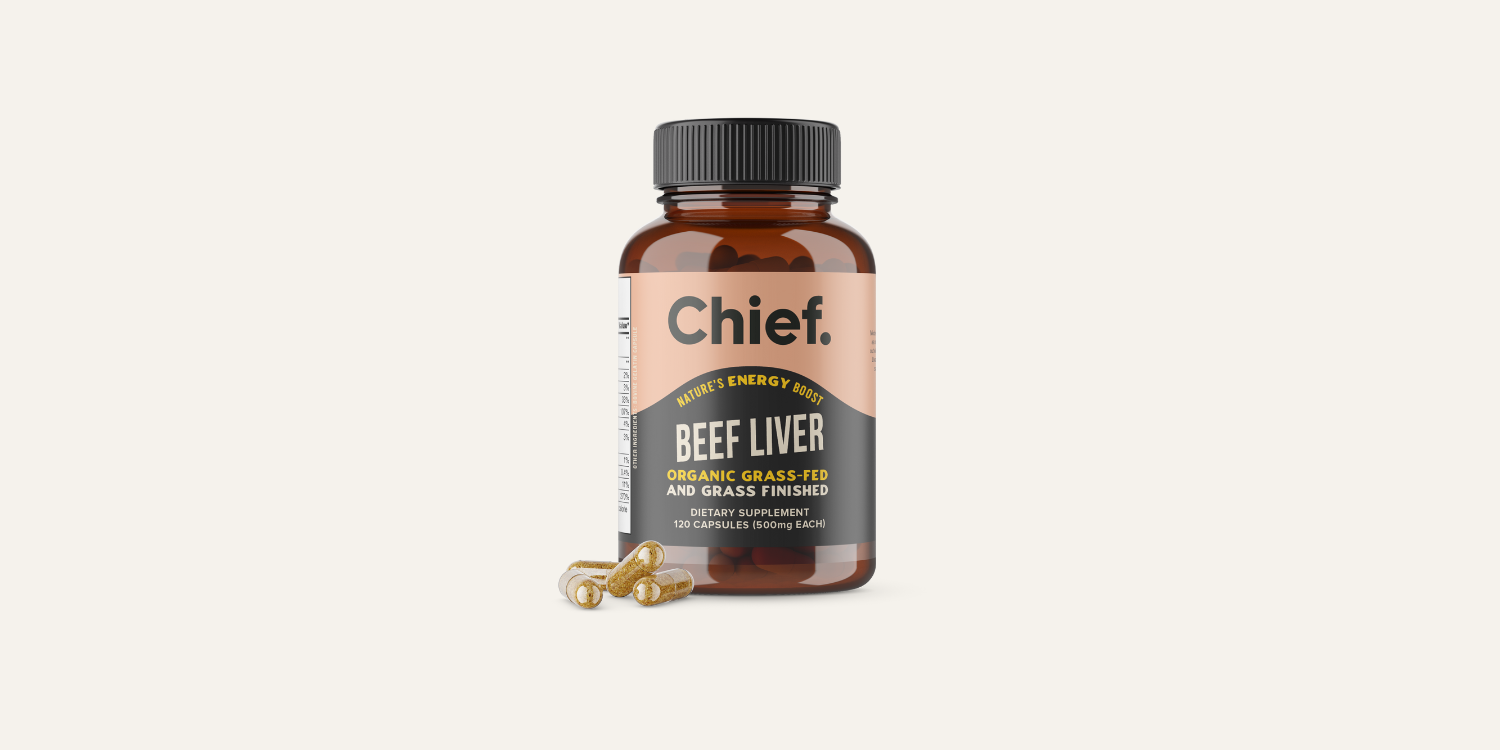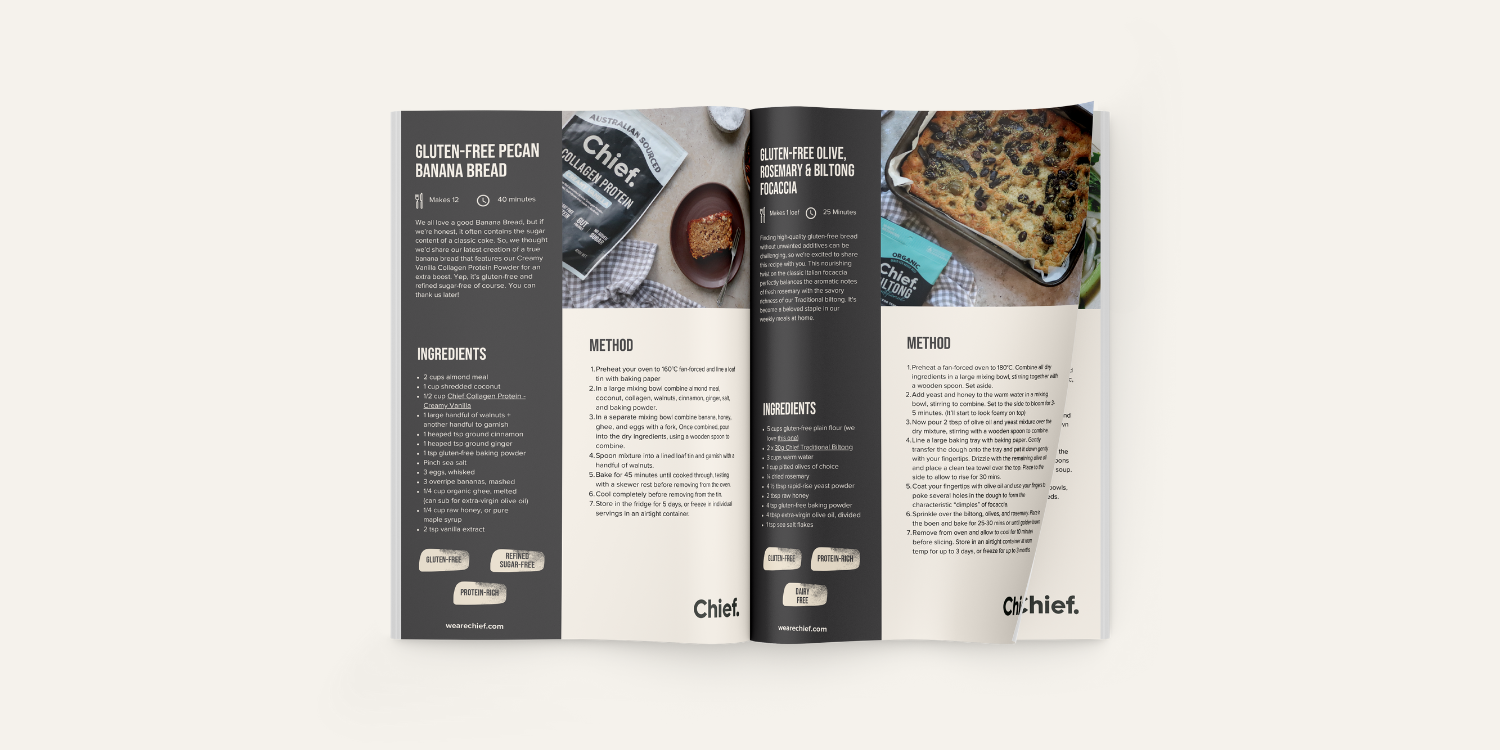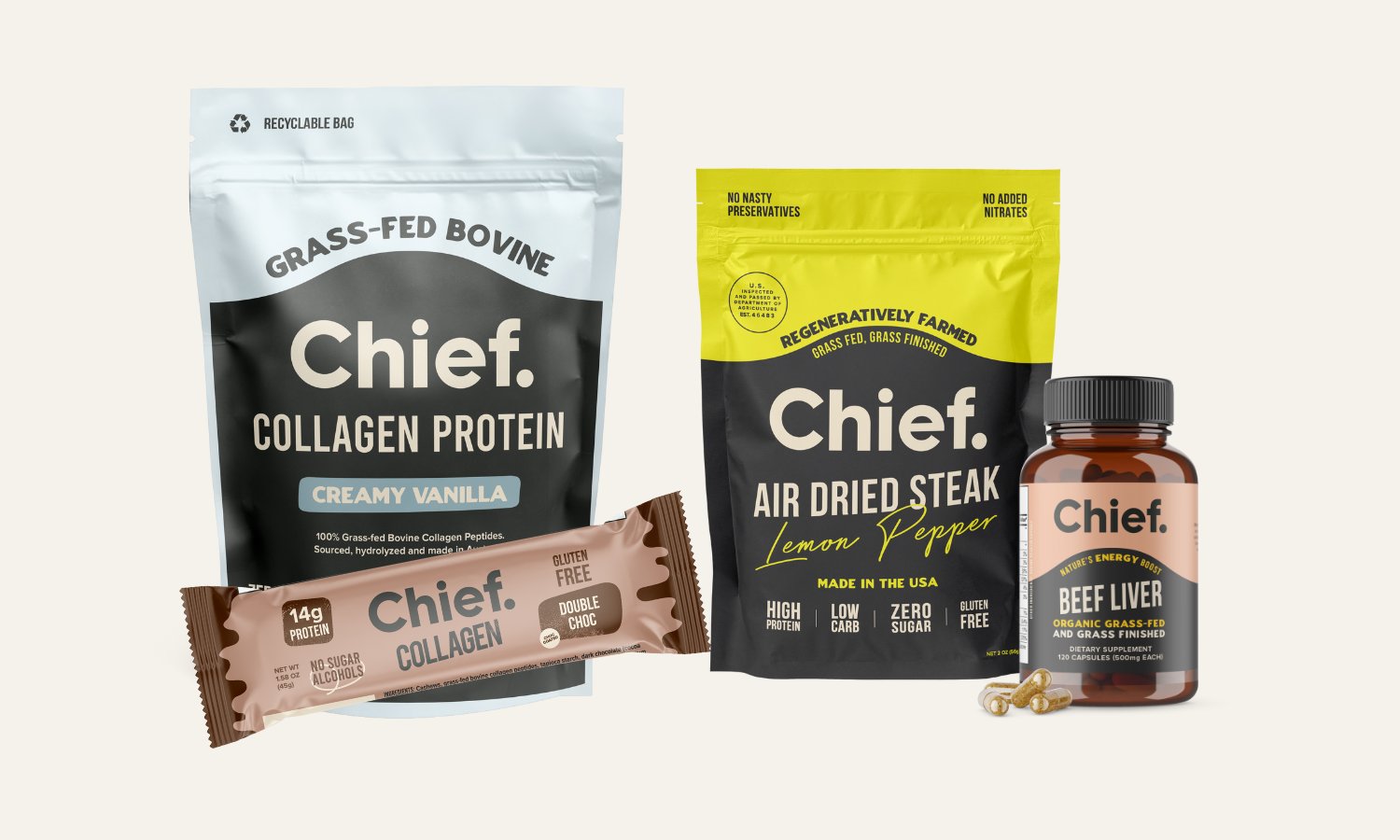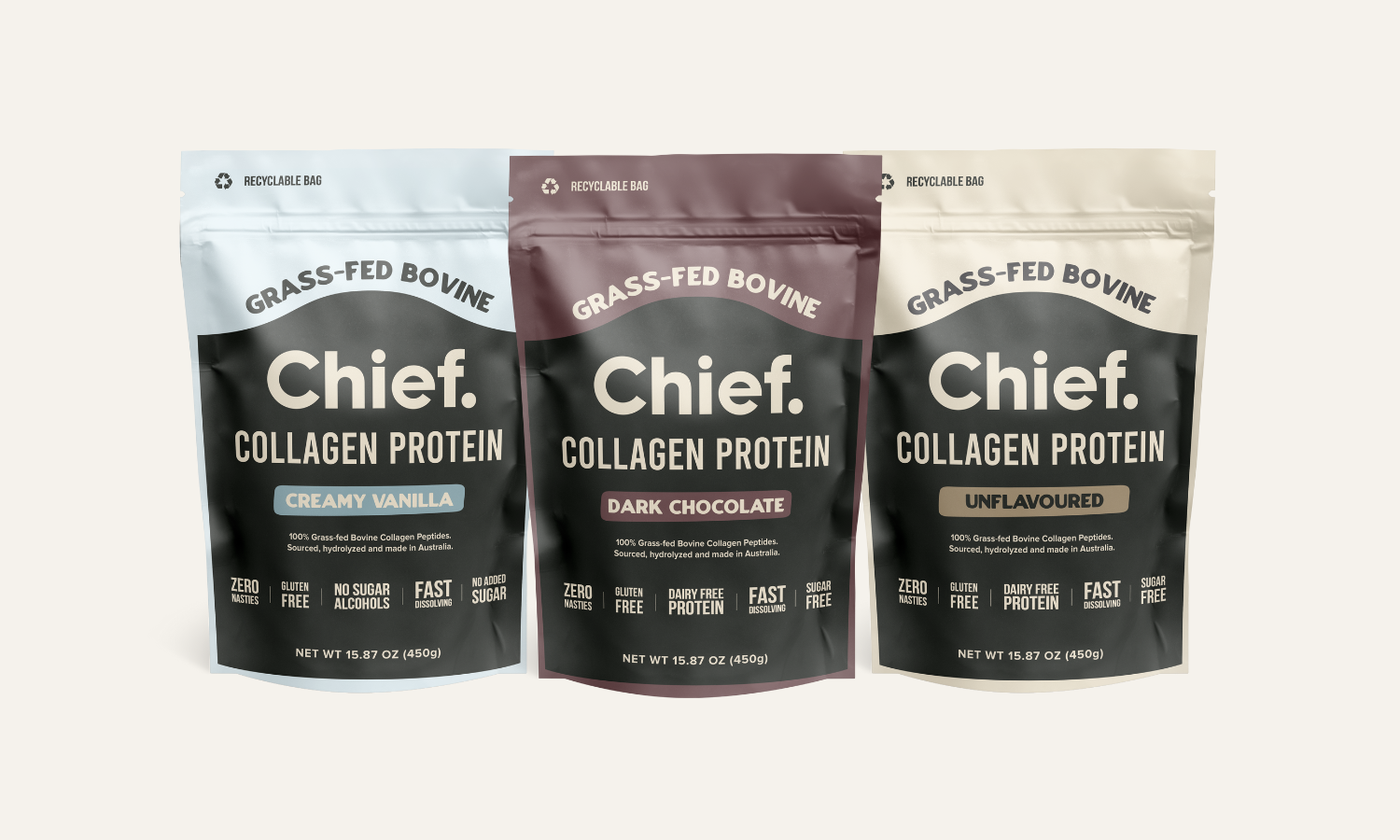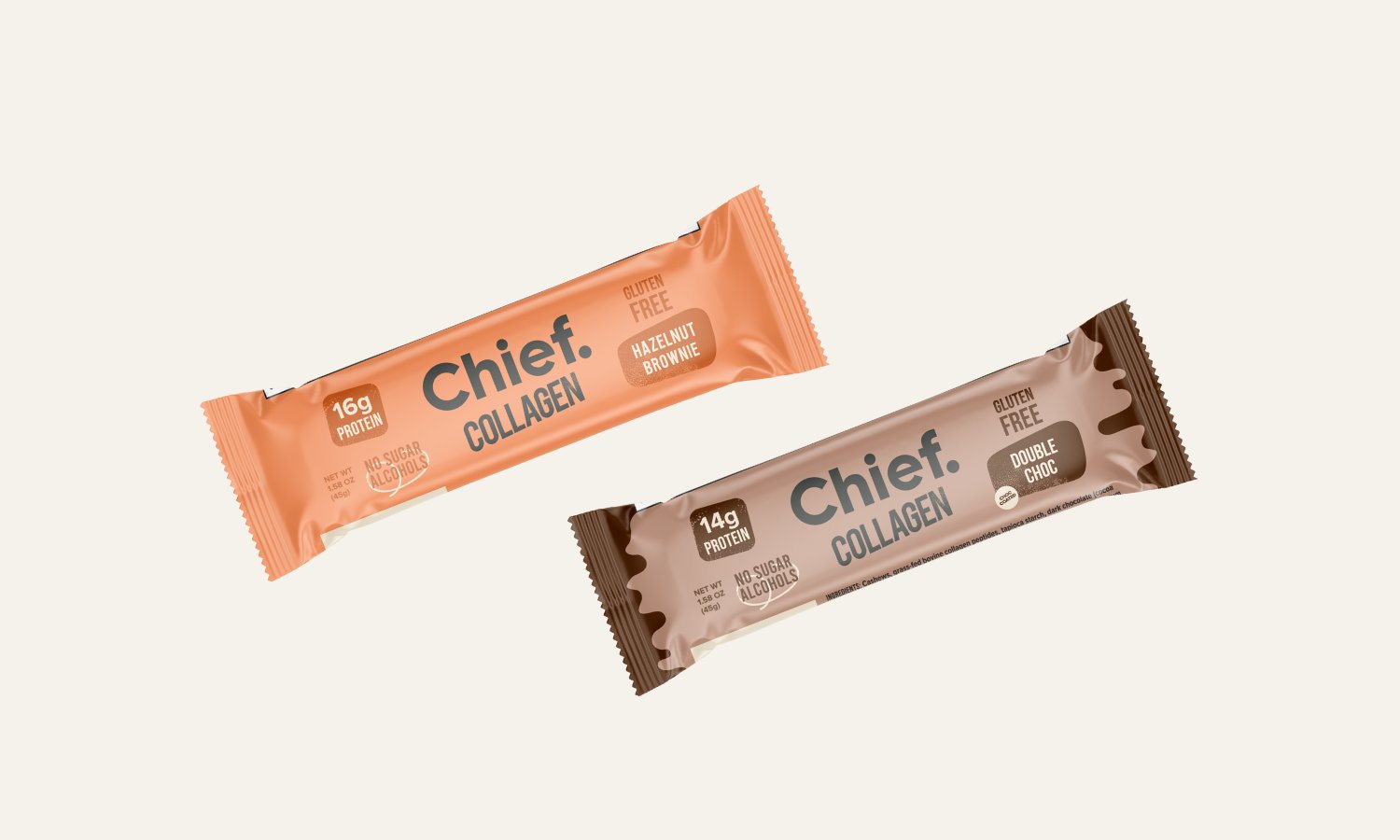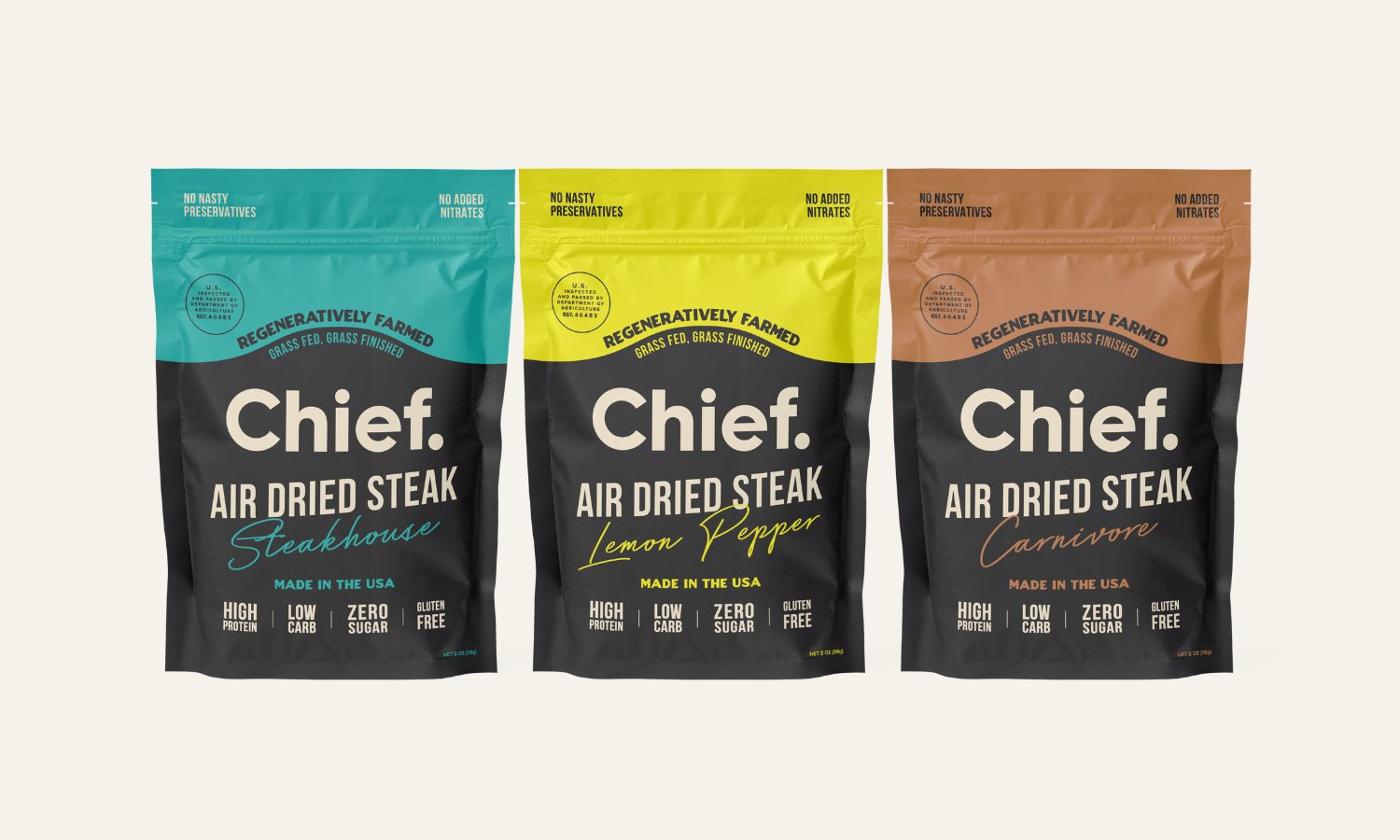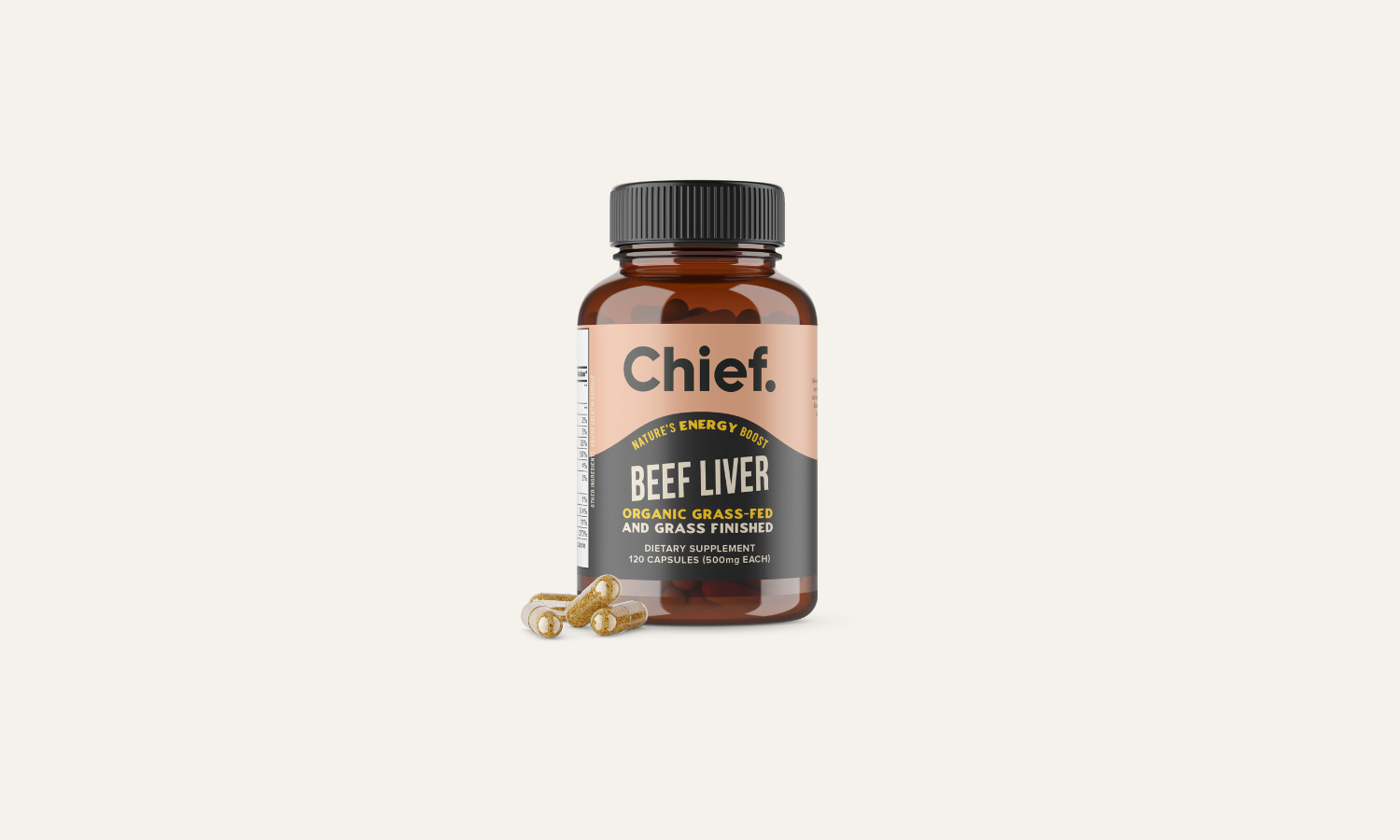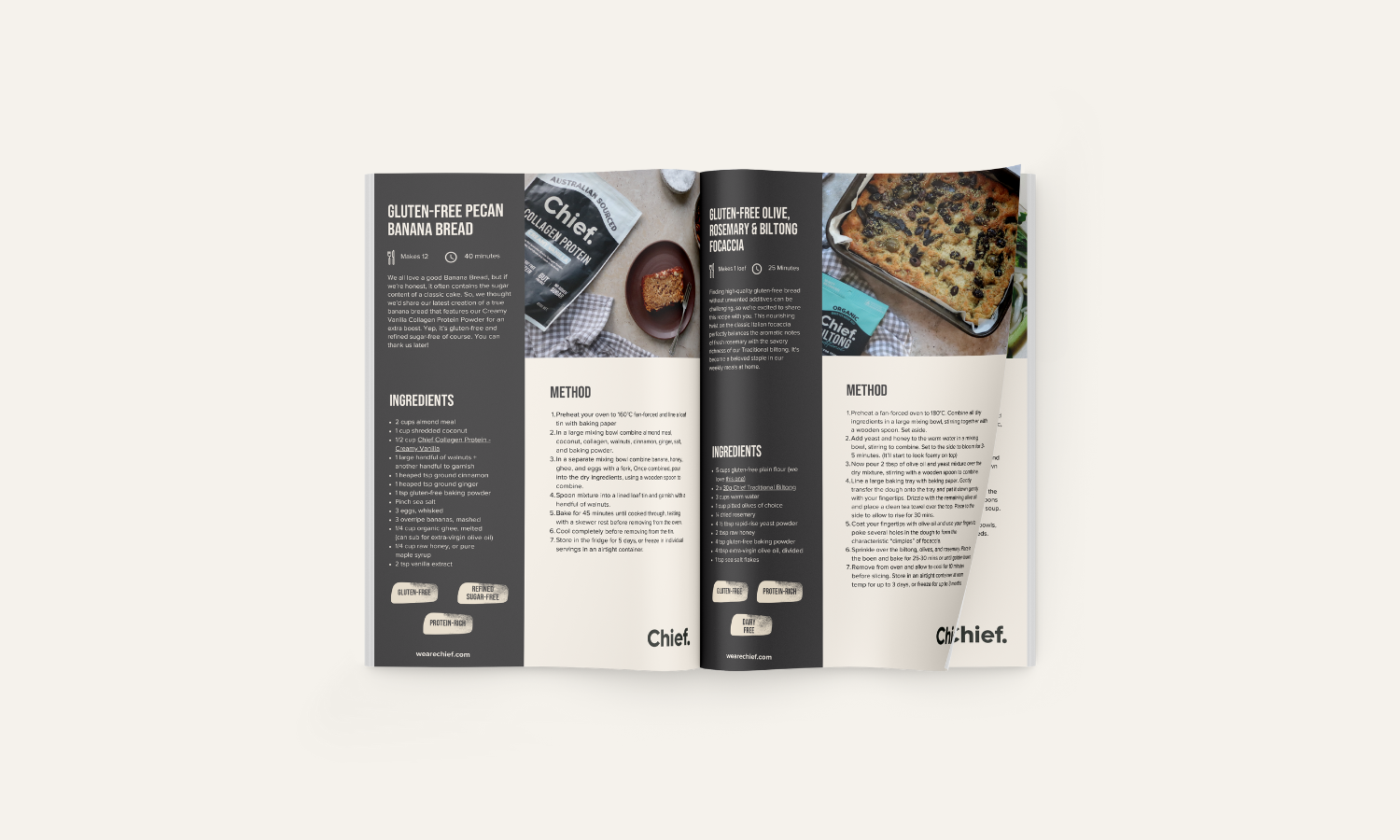While whey protein concentrate has long been the go-to option for muscle growth and recovery, collagen protein supplements have surged in popularity thanks to their unique benefits for connective tissue, joints, skin, and gut health. Both proteins are valuable but serve different purposes in the body.
Let's look at both individually and then compare.
What is Whey Protein?
Whey protein is derived from milk and is considered a complete protein, meaning it contains all nine essential amino acids your body can’t produce on its own. It’s particularly rich in leucine, the amino acid most strongly linked with muscle protein synthesis. That makes whey especially effective for building and maintaining lean muscle mass.
Whey protein concentrate (WPC) is less processed than whey isolate (WPI), meaning it retains small amounts of fat, lactose, and other beneficial compounds found in dairy. It’s highly digestible, absorbed quickly, and has one of the highest biological values of any protein source. This is why athletes often choose whey after workouts, because it helps repair muscle fibres, supports strength gains, and helps recovery.
Beyond the gym, whey also contributes to overall health. Research suggests it may help with appetite control, support immune function through bioactive peptides, and improve metabolic health. In short: whey is the classic all-rounder protein powder, known for its role in muscle building but offering wider benefits too.
What is Collagen Protein?
Collagen is the most abundant protein in the body, making up a huge part of your skin, hair, nails, joints, tendons, ligaments, cartilage, and even gut lining. Unlike whey, collagen is not a complete protein, it’s missing tryptophan, one of the nine essential amino acids.
But that doesn’t mean it’s less important. Collagen has a completely different amino acid profile, high in glycine, proline, and hydroxyproline. These are building blocks you don’t get much of from whey or most other common proteins. These amino acids are crucial for the repair and maintenance of connective tissues.
Studies show that supplementing with hydrolysed collagen peptides can:
-
Support joint health and reduce exercise-related joint pain.
-
Improve skin hydration, elasticity, and thickness, reducing fine lines and wrinkles.
-
Strengthen hair and nails.
-
Aid in gut health by supporting the integrity of the intestinal lining.
-
Contribute to tendon and ligament recovery, which is essential for athletes and anyone prone to injury.
In other words, collagen isn’t about bulking up muscle, it’s about strengthening the tissues that hold everything together.
Side note: if you’re avoiding dairy and want to stick with Collagen protein only, you can still easily round out the amino acid profile with other whole foods. For example, our collagen bars contain cashews, which naturally provide tryptophan. And of course, our beef bars and biltong are complete proteins in themselves, with all the essential aminos including tryptophan.
Collagen vs Whey: Complementary, Not Competing
The biggest difference comes down to function. Whey provides the full spectrum of essential amino acids with a focus on muscle protein synthesis. Collagen supplies amino acids that are scarce in the modern diet but critical for connective tissue repair and resilience.
Think of whey as fuel for the engine (muscle) and collagen as maintenance for the framework (tendons, joints, skin, and gut). Both are useful on their own, but together they create a more complete picture of health and performance.
For athletes, combining whey and collagen can be especially powerful. Whey drives muscle recovery after training, while collagen helps fortify tendons and ligaments to prevent injuries. For everyday health, whey helps maintain muscle as you age, while collagen supports skin health and mobility, two areas people often struggle with over time.
Which One Should You Choose?
It depends on your goals and needs:
-
If your priority is building muscle, strength, and recovery after workouts, whey protein concentrate is the gold standard.
-
If you’re focused on gut health, joint health, skin support, or repairing connective tissues, collagen protein is the better choice. It's also a dairy free option and better tolerated by many people (note that our Vanilla Collagen contains buttermilk which is lower lactose but still dairy).
-
If you want comprehensive benefits for both muscle and connective tissue, use both strategically.
The Bottom Line
Whey protein concentrate and collagen protein supplements aren’t rivals, they’re partners. Whey shines for muscle growth and overall protein needs, while collagen delivers specialised amino acids that nourish tissues often overlooked. When combined, they offer a more holistic approach to health, performance, and longevity.
Whether you’re an athlete chasing strength gains, or simply looking to stay active, pain-free, and youthful as you age, collagen and whey together can be a winning formula.

